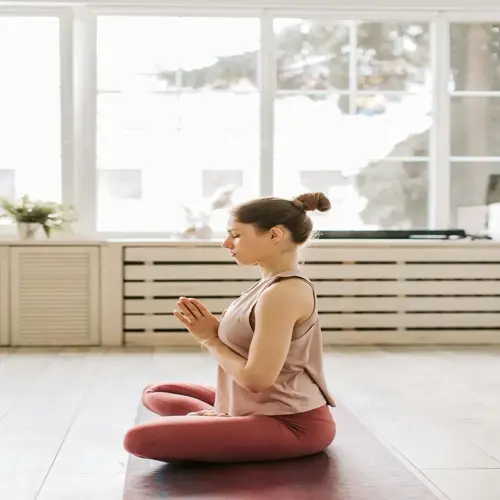Which foods worsen anxiety symptoms?

Written by
Thomas Wilson
Reviewed by
Prof. William Dalton, Ph.D.Certain everyday foods can surprisingly make anxiety symptoms worse. I have seen clients suffer panic attacks after eating common triggers. Knowing these foods will help you make informed choices. Your diet has a direct relationship to the balance of the nervous system through various biochemical pathways.
Sugary beverages lead to rapid drops in blood sugar. The hormone cortisol increases within 2 hours. Your body interprets danger. Physical anxiety symptoms follow, such as trembling and panic. Many clients of mine who eliminate sodas have reported more peaceful days.
Deep-fried foods include industrial seed oils. They produce neural inflammation that interferes with mood pathways. Trans fats also negatively affect the gut lining, which can prevent proper neurotransmitter production. Instead, opt for air-fried options, which offer a better choice for mental well-being.
Artificial Sweeteners
- Disrupt GABA/glutamate balance in neural pathways
- Cause neurotransmitter imbalances within hours
- Found in diet sodas and sugar-free snacks
Refined Carbohydrates
- White bread and pasta cause hypoglycemic anxiety
- Trigger cortisol spikes during blood sugar crashes
- Lack fiber for stable serotonin production
Alcohol
- Depletes GABA causing rebound anxiety
- Disrupts sleep architecture worsening next-day anxiety
- Even moderate consumption affects neural balance
Caffeine will stay in your system for upwards of 6 hours and can incur a significant toll on the quality of your sleep, ultimately influencing the extent or severity of any anxiety experienced the next day. Clients have even reported reduced feelings of "jitters" in the afternoons with a simple shift to herbal tea in the afternoon.
Begin to identify your personal triggers. Keep a food-mood journal for three days to observe your own anxiety patterns after certain meals. For one week, remove one trigger food from your meal plan and try something healthier instead. Your nervous system will be grateful.
Read the full article: Anxiety and Diet: Science-Backed Foods and Strategies

